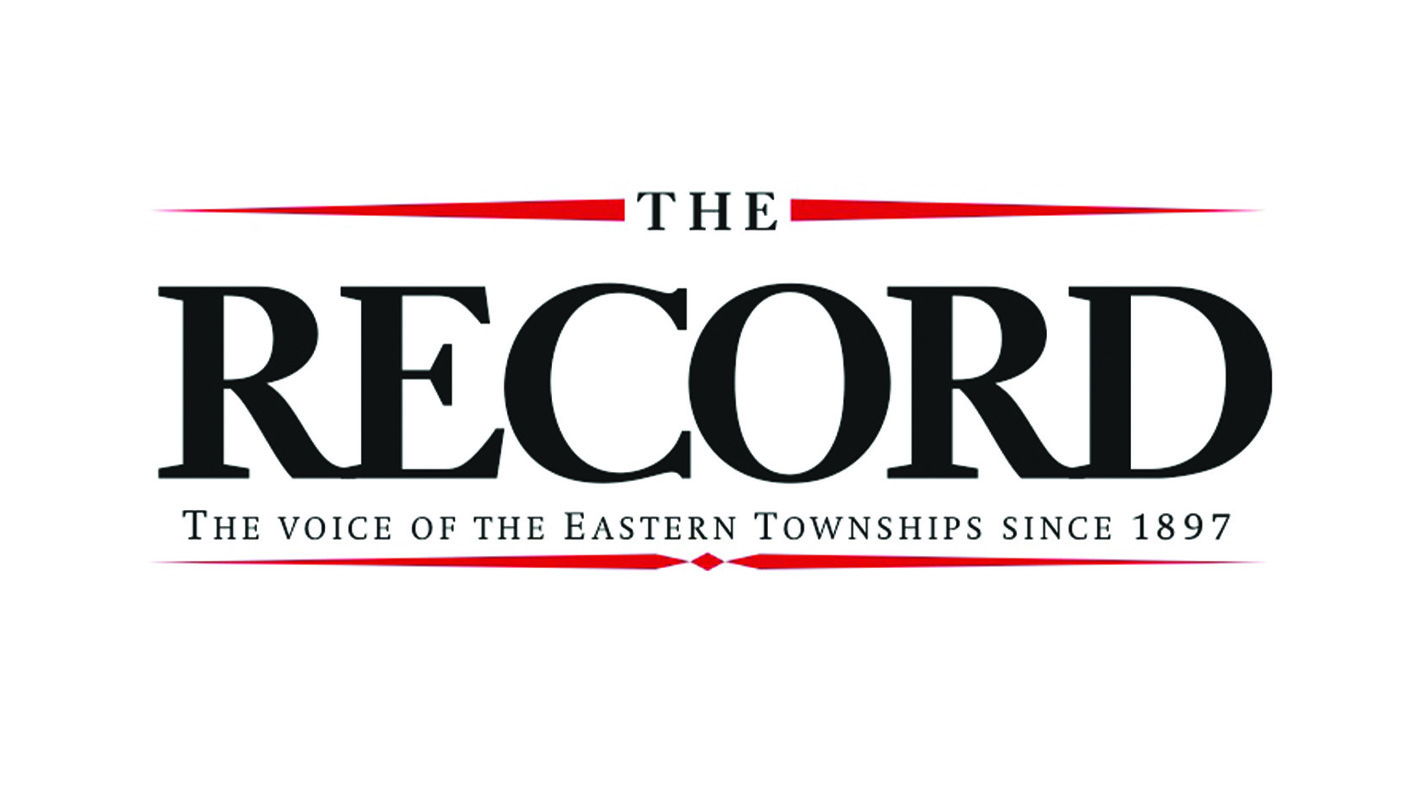Have you seen this headline? It’s what the National Bank and J.P. Morgan are forecasting. Don’t have a heart attack. But I am begging you to check your budget, your financial plan and your investment decisions.
We don’t indulge in futures speculation in this space. But we note that both the head of the Bank of Canada and the US Federal Reserve, both of whom have the power to raise interest rates, have stated that they intend to do so this year. Short of some new catastrophic event that would affect the economy, higher interest rates will happen. Possibly as early as next week.
JP Morgan, one of America’s most prominent investment banks says, “We now expect the Bank (of Canada) will hike the policy rate 25bp at the next meeting on Jan 26, earlier than implied by the Bank’s current forward guidance…” By June, a mere 5 months from now, they expect the Bank of Canada overnight rate (the rate at which banks lend funds to each other) will be 1.5 per cent, up from today’s 0.25 per cent. National Bank says pretty much the same thing – 500 per cent higher than today’s level.
Those of us with a little longer life experience still find interest rates at the 1-2 per cent level very low, but for people who are seeing interest rates go up for the first time may need a refresher course on implications for their personal finances.
If you have a car loan or a personal loan or a mortgage or a home equity line of credit, or a ‘low-interest’ credit card, check their terms. Every one of these kinds of loans are called ‘adjustable rate’ loans. When the Bank of Canada raises the overnight rate, the bank you deal with can raise its prime rate, which means that every one of the adjustable rate loans just named can also rise. Your particular loan may be of the ‘fixed rate’ variety, but you’ll want to make sure. And those of you who have a student loan, be aware that these are usually adjustable rate loans, even though the government has suspended the interest payable until April Fool’s Day, 2023.
Here’s the relationship today: Overnight rate: 0.25 per cent; Prime rate: 2.45 per cent. Mortgage rates and other consumer loan rates are subject to promotions by lending institutions anxious for your business – when rates are really low, loans are easier to get – as rates rise, they become not just more expensive but harder to get. That’s because many lenders use your credit report to see how good a credit risk you are – they may use it to set your interest rate and how much they will lend you. Your credit score is something else you may want to check.
This is the time to get out whatever contract you’ve signed to check the small print or to have a talk with the lender. If you find an opportunity to pay down an adjustable rate loan without penalty, take advantage of it. If you can lock in a low mortgage rate without penalty, take advantage of it.
When it comes to investing decisions, retail stock market investors get spooked by higher interest rates. In truth, these rate hikes are necessary to start the economy on the road to normalcy, and intellectually, people recognize that it is not normal to have rates near zero. With inflation eroding the value of the dollar, holding cash or GICs means you are losing money every second. People understand this. But history demonstrates that when a rate hike actually happens, the stock market sells off.
This doesn’t mean you should immediately sell your stocks. It means you should be aware that the market may sell off for a while and you will have a wonderful opportunity to buy into some companies whose share price is on sale.
Dian Cohen, C.M., O.M., economist cohendian560@gmail.com





